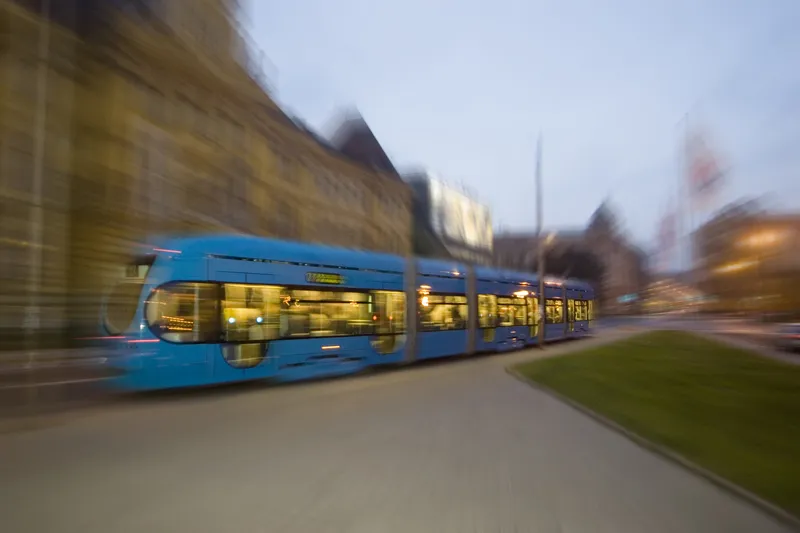The ITS sector is now going through an evolution driven by the maturation of communications technologies and their increasing adoption in major cities worldwide. The widespread availability of high-speed networks, both fixed and wireless, along with the ability to embed intelligence in physical objects throughout the urban environment and the diffusion of mobile devices that can send and receive real-time vehicle or infrastructure information, is driving the adoption of smart transportation systems in citie
May 30, 2012
Read time: 2 mins
RSSThe ITS sector is now going through an evolution driven by the maturation of communications technologies and their increasing adoption in major cities worldwide. The widespread availability of high-speed networks, both fixed and wireless, along with the ability to embed intelligence in physical objects throughout the urban environment and the diffusion of mobile devices that can send and receive real-time vehicle or infrastructure information, is driving the adoption of smart transportation systems in cities across the developed world and in major emerging economies. According to a recent report from 5644 Pike Research, these deployments are likely to continue to grow even as public infrastructure spending flattens or even declines in many cases.
The market intelligence firm forecasts that global investment in four key applications for smart transportation systems will total US$13.1 billion between 2011 and 2017.
“Even as governments seek to reduce their debt, ITS will not see significant cutbacks and will, in fact, benefit as transportation agencies seek to optimise their existing infrastructure, rather than fund major new capital projects,” says senior analyst Lisa Jerram. “Cities, transit operators, and other owners of transportation assets see smart transportation technologies as tools to help them enhance mobility, reduce fuel consumption and emissions, improve safety, and strengthen economic competitiveness.”
The area of heaviest investment in smart transportation will be traffic management systems, which encompass a range of applications, including traveller information, congestion charging, and adaptive signalling. By the end of the forecast period, these systems will be ubiquitous, with virtually every major city offering such a service. What will change over the forecast period is that these systems will become increasingly dynamic, with cities adding alternate route instructions or predictive traffic easement.
Pike Research’s report, Smart Transportation Systems, focuses on four key smart transportation sectors: traffic management systems, smart charging for plug-in electric vehicles, public transportation systems, and vehicle-to-vehicle systems. The study provides a comprehensive examination of market drivers for smart transportation infrastructure investment, including an assessment of the various approaches being taken in key countries around the world. Key industry players are profiled and market forecasts for each region are provided through 2017. An Executive Summary of the report is available for free download on the firm’s website.
The market intelligence firm forecasts that global investment in four key applications for smart transportation systems will total US$13.1 billion between 2011 and 2017.
“Even as governments seek to reduce their debt, ITS will not see significant cutbacks and will, in fact, benefit as transportation agencies seek to optimise their existing infrastructure, rather than fund major new capital projects,” says senior analyst Lisa Jerram. “Cities, transit operators, and other owners of transportation assets see smart transportation technologies as tools to help them enhance mobility, reduce fuel consumption and emissions, improve safety, and strengthen economic competitiveness.”
The area of heaviest investment in smart transportation will be traffic management systems, which encompass a range of applications, including traveller information, congestion charging, and adaptive signalling. By the end of the forecast period, these systems will be ubiquitous, with virtually every major city offering such a service. What will change over the forecast period is that these systems will become increasingly dynamic, with cities adding alternate route instructions or predictive traffic easement.
Pike Research’s report, Smart Transportation Systems, focuses on four key smart transportation sectors: traffic management systems, smart charging for plug-in electric vehicles, public transportation systems, and vehicle-to-vehicle systems. The study provides a comprehensive examination of market drivers for smart transportation infrastructure investment, including an assessment of the various approaches being taken in key countries around the world. Key industry players are profiled and market forecasts for each region are provided through 2017. An Executive Summary of the report is available for free download on the firm’s website.







